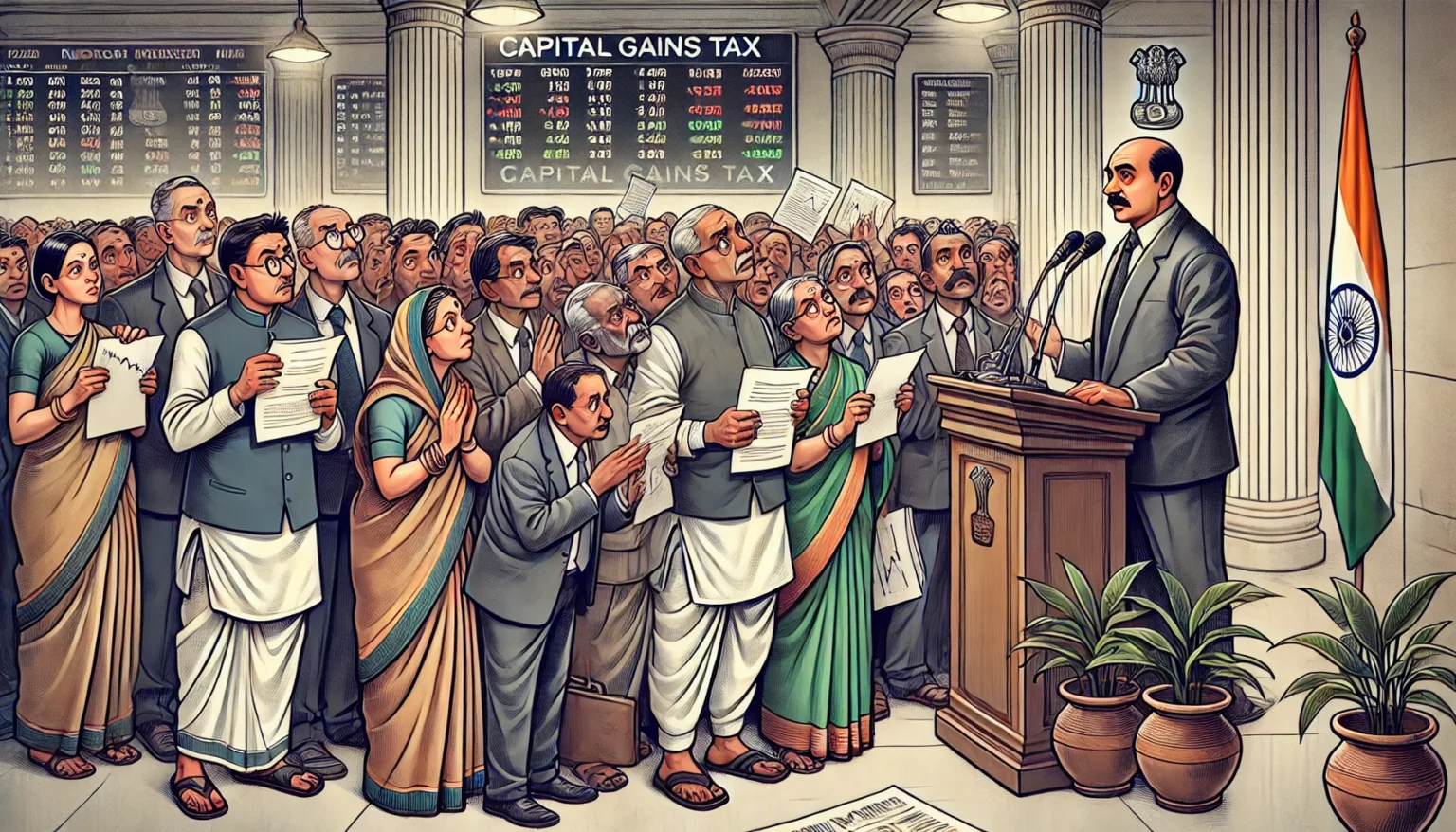A very interesting dataset has come from Blume Report highlighting the transformation happening in sectors like jewelry. In 2000, a staggering 95% of the jewelry market was unorganized—mostly running on cash, with no branding or regulatory structure. Today, about 40% has transitioned into the organized segment, with players following GST norms, accepting digital payments, and complying with new rules like hallmarking and cash transaction limits. This shift indicates that the parallel cash economy is being slowly absorbed into the formal ecosystem.

The Impact of Tax Policy and Convenience
The government’s move to make taxation simpler and more lenient—like no income tax up to ₹12.1 lakh per individual—is part of a broader strategy. With four family members, a household can potentially earn ₹48 lakh annually without paying income tax. This encourages people to stop worrying about cash-based avoidance and start transacting formally. UPI, card-based payments, and PAN linkages are pulling individuals gently but firmly into the formal economy, which ultimately helps in better governance and national growth through higher tax collection.
Real Estate Sector: A Parallel Evolution
A similar trend is visible in real estate. Earlier, only 30% of developers were part of the formal listed space. That meant 70% of development activity was in the hands of smaller, often unregulated players. Today, that has improved, although 67% is still with unorganised builders. With regulations like RERA, more transparency is being enforced, and it’s becoming increasingly difficult for the informal sector to function unchecked. As supply chains and financing shift to formal systems, unorganised players face significant challenges in scaling up.

Why the Informal Sector Will Shrink Further
Unorganised players depend on cash and informal linkages across the supply chain. But now, to access branded materials like cement and steel, and to sell quality-assured real estate, even small builders have to operate within the formal economy. The GST system doesn’t allow for leaks—every link in the supply chain is accounted for. So unless you are compliant, you lose competitiveness, pricing advantage, and access to scale. This structural change ensures that over time, non-compliant players will be squeezed out of the market.
Long-Term View and National Impact
This trend of formalisation takes decades to play out, but the direction is clear and irreversible. As more businesses come into the tax net, government revenues will rise. And with better revenues, more infrastructure and development work becomes possible, creating a virtuous cycle. This process also benefits consumers in the long run through greater accountability, better quality, and more stable pricing.
Let me know your thoughts on this transition and what you think about the formalization wave across sectors in India.
WeekendInvesting launches – The Momentum Podcast
Join Yassar, a Dubai-based engineer turned investor, as he shares his 15-year journey—from Wall Street dreams to mastering systematic trading. In this debut episode, Yassar and Alok dive into real estate, gold, crypto, and key lessons for navigating markets.









